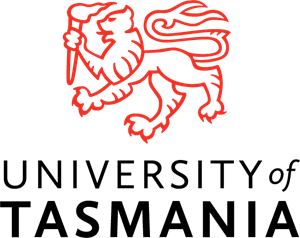Admission to most postgraduate coursework courses at the University of Tasmania require qualifications equivalent to an Australian bachelor degree. Applicants must achieve the required grade in their qualifying studies, meet any prerequisite subjects, and meet English language requirements to be eligible for an offer.
English Language Requirements
For students who do not meet the English Language Requirement through citizenship or prior studies in English in an approved country, evidence of an approved English language test completed within the last 2 years must be provided. See the English Language Requirements page for more information.
Course Specific Requirements
Successful completion of a first degree in Biochemistry or a Medical Science, Health Science, Science or other related discipline, with a credit average, including studies of Biochemistry/Physiology at second year and some first or second year Immunology and Microbiology.^
^ Students may have undertaken Immunology or Microbiology in an undergraduate degree program at either first or second year, depending on the nature of the program.
NOTE: Students who have completed the Bachelor of Biomedical Science/ Bachelor of Laboratory Medicine at the University of Tasmania or any other AIMS accredited course are not eligible for entry to this course, due to the comparable nature of the professional stream units. These students are recommended to undertake Honours to gain research experience.
Safety in Practice Compliance
All students enrolling in College of Health and Medicine programs which include a professional experience placement component, laboratory and/or field activity are required to establish and maintain their capacity to practice safely via Safety in Practice Requirements documentation. Please note, students in Laboratory Medicine courses are required to either provide evidence of immunity to Hepatitis B or administration of at least the first dose of a three dose course of Hepatitis B vaccination, by the start of the second week of their degree. Students must bring all documentation relating to Hepatitis B vaccination and immunity (in English) with them when they commence the course. Details on Hepatitis B vaccination and immunity can be found here.
